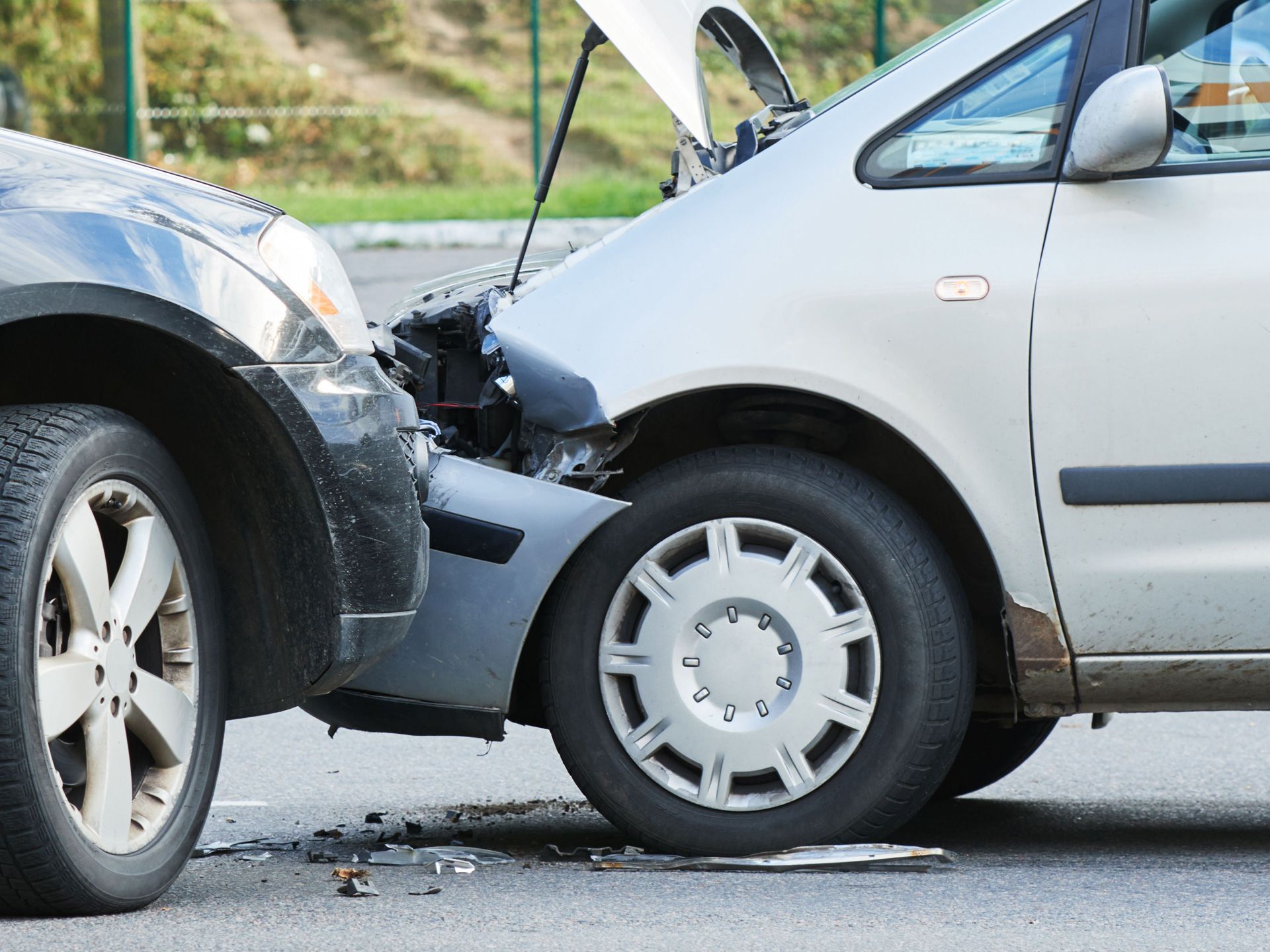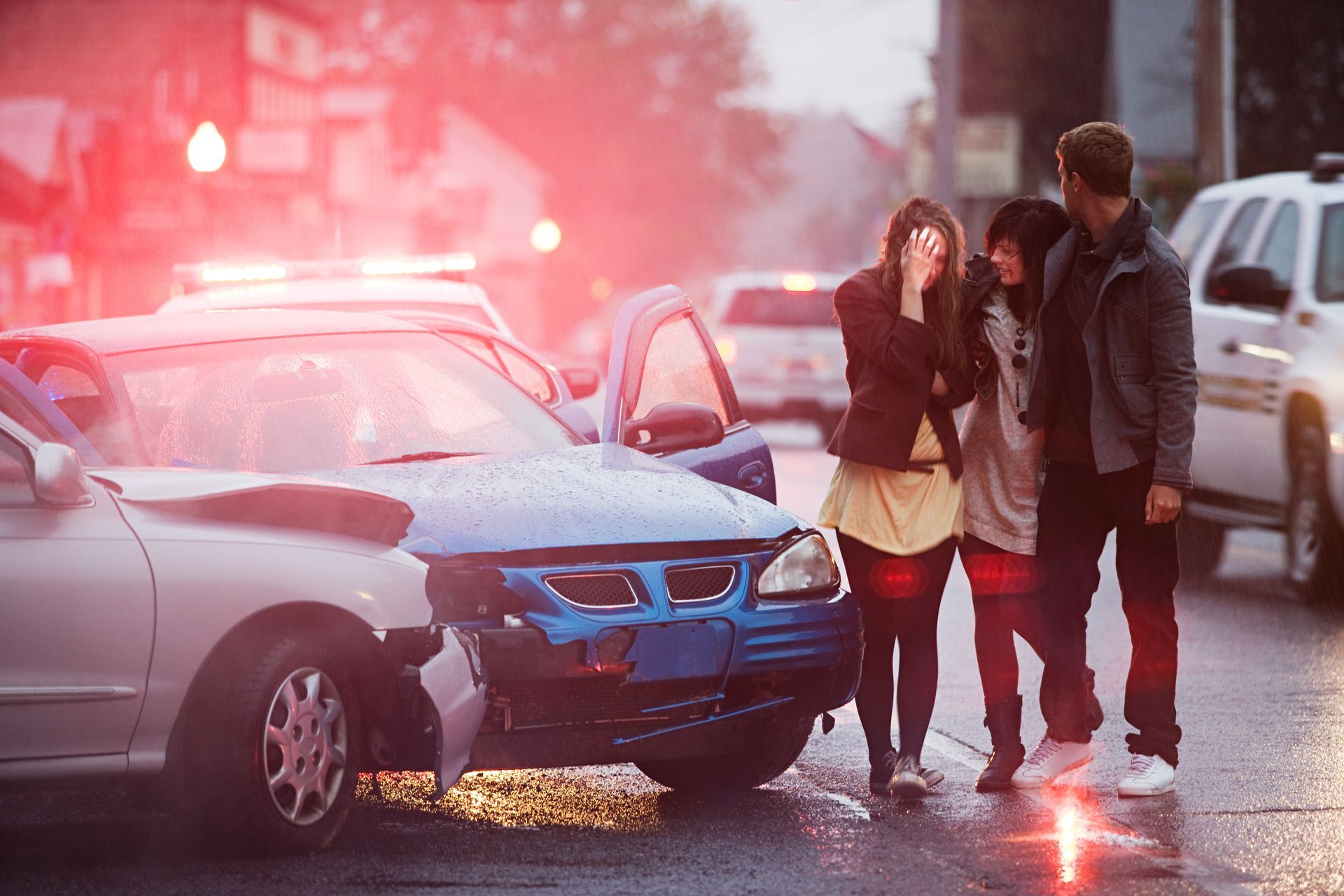The Importance of Gathering Evidence After a Car Accident in Florida
Car accidents are sudden and often distressing events, leaving victims unsure of what steps to take next. In Florida, where car accidents are unfortunately common, understanding the critical importance of collecting evidence immediately after the incident can make all the difference in the success of your claim.
At Bader Bodnar Law, we understand how essential evidence is in building a strong case. The quality and quantity of the evidence you gather can significantly influence the outcome of both legal proceedings and insurance settlements. In this article, we’ll discuss why evidence collection is vital, the types of evidence to gather, the role of medical records, how evidence impacts your claim, and how Bader Bodnar Law can help you navigate the process.
Why Collecting Evidence After a Car Accident in Florida is Crucial
Gathering evidence immediately after a car accident is a critical step in protecting your rights and maximizing your compensation. The evidence you collect will form the foundation of your claim, helping to establish fault, demonstrate the extent of your damages, and ensure you receive fair compensation for your injuries.
Why is Evidence So Important?
- Proving Fault: Evidence is key in determining who was responsible for the accident. Florida is a no-fault insurance state, which means that while Personal Injury Protection (PIP) will cover your initial medical expenses, establishing fault is still necessary for pursuing additional claims or legal action.
- Supporting Your Claim: The more detailed your evidence, the more it strengthens your version of events, helping to validate your claim and counter any contradictory statements from the other parties involved.
- Maximizing Compensation: Strong, comprehensive evidence increases your chances of receiving full compensation for medical expenses, lost wages, property damage, pain and suffering, and other associated costs.
Why Collecting Evidence After a Car Accident in Florida is Crucial
Gathering evidence immediately after a car accident is a critical step in protecting your rights and maximizing your compensation. The evidence you collect will form the foundation of your claim, helping to establish fault, demonstrate the extent of your damages, and ensure you receive fair compensation for your injuries.
Why is Evidence So Important?
- Proving Fault: Evidence is key in determining who was responsible for the accident. Florida is a no-fault insurance state, which means that while Personal Injury Protection (PIP) will cover your initial medical expenses, establishing fault is still necessary for pursuing additional claims or legal action.
- Supporting Your Claim: The more detailed your evidence, the more it strengthens your version of events, helping to validate your claim and counter any contradictory statements from the other parties involved.
- Maximizing Compensation: Strong, comprehensive evidence increases your chances of receiving full compensation for medical expenses, lost wages, property damage, pain and suffering, and other associated costs.
Types of Evidence to Gather at the Scene
After an accident, it’s essential to collect as much evidence as possible while still at the scene. The more thorough your evidence, the stronger your case will be. Here are the key types of evidence to gather:
1. Photographs and Videos
- Take clear pictures and videos of all vehicles involved, visible injuries, the scene of the accident, road conditions, traffic signs, and any other relevant details.
- Capture multiple angles and wide shots to provide a comprehensive perspective of the scene.
2. Witness Statements
- Obtain contact information from any witnesses who saw the accident occur. Their unbiased accounts can be invaluable in corroborating your version of events.
- Witnesses can often provide details you might have missed during the chaos of the accident.
3. Police Reports
- Ensure that a police report is filed. This report is an official record of the accident and often contains crucial information such as the officer’s observations, any citations issued, and details about the involved parties.
- Request a copy of the report to ensure you have all the necessary details for your claim.
4. Driver Information
- Exchange names, contact information, and insurance details with all other drivers involved.
- Note the make, model, and license plate numbers of all vehicles at the scene.
The Role of Medical Records and Reports
Medical documentation is one of the most important types of evidence in car accident claims. It helps to establish the severity of your injuries and links them directly to the accident, which is crucial when seeking compensation.
Why Medical Records Matter:
- Documenting Injuries: Medical records provide an accurate account of your injuries, treatments, and any ongoing care, helping to demonstrate the seriousness of your injuries.
- Establishing a Link to the Accident: Timely medical reports play a crucial role in connecting your injuries to the accident itself, which is essential for the success of your claim.
- Tracking Ongoing Treatment: Keep a detailed record of all medical treatments, appointments, medications, physical therapy, and any long-term care you may require.
How Evidence Affects Your Claim and Compensation
The strength and quality of your evidence directly impact the outcome of your claim. Insurance companies and courts rely on evidence to assess the validity and value of your case.
Influence on Claim Outcomes
- Insurance Settlements: Solid evidence can expedite the settlement process and increase the likelihood of receiving a fair offer from the insurance company.
- Court Cases: If your case goes to trial, compelling evidence is crucial to persuading the judge or jury of the merits of your case. Clear photographic evidence, credible witness statements, and comprehensive medical records all contribute to building a strong case.
Success Stories
There are countless examples of how thorough evidence collection has led to successful outcomes. For example, cases where accident photos, witness statements, and medical records were presented have resulted in larger settlements and favorable verdicts for clients.
Bader Bodnar Law: Expert Legal Guidance for Car Accident Claims
At Bader Bodnar Law, we specialize in handling car accident cases and are committed to helping our clients collect the evidence needed to support their claims. Our team of experienced attorneys will guide you through every step of the process, ensuring that no detail is overlooked and that every piece of evidence is meticulously documented and presented.
Our Approach
- Thorough Investigation: We conduct comprehensive investigations, gathering all relevant evidence, including accident scene photographs, witness statements, police reports, and medical documentation.
- Client-Centered Support: Our team is here to support you at every step, from the initial consultation to the final settlement or trial.
- Proven Track Record: We have a history of successful car accident claims, thanks to our commitment to thorough evidence collection, aggressive legal representation, and dedication to securing the best outcomes for our clients.
Conclusion
In Florida, collecting evidence after a car accident is essential to protecting your rights and ensuring you receive the compensation you deserve. By gathering photos, witness statements, police reports, and medical documentation, you can build a strong case to support your claim. At
Bader Bodnar Law, we are here to help you navigate this critical process, ensuring that every piece of evidence is handled with care and that your case is presented in the best possible light.





Share On: